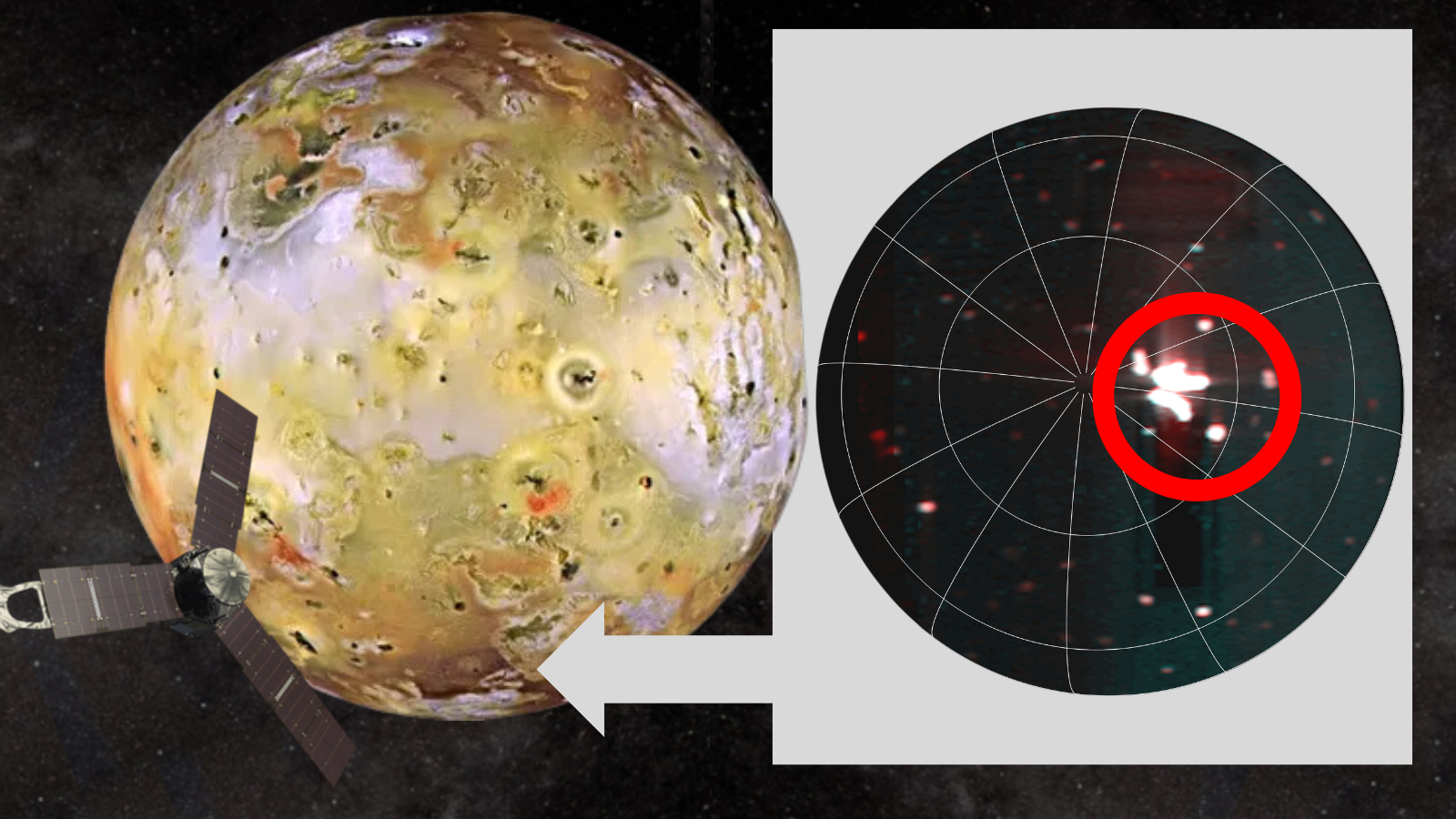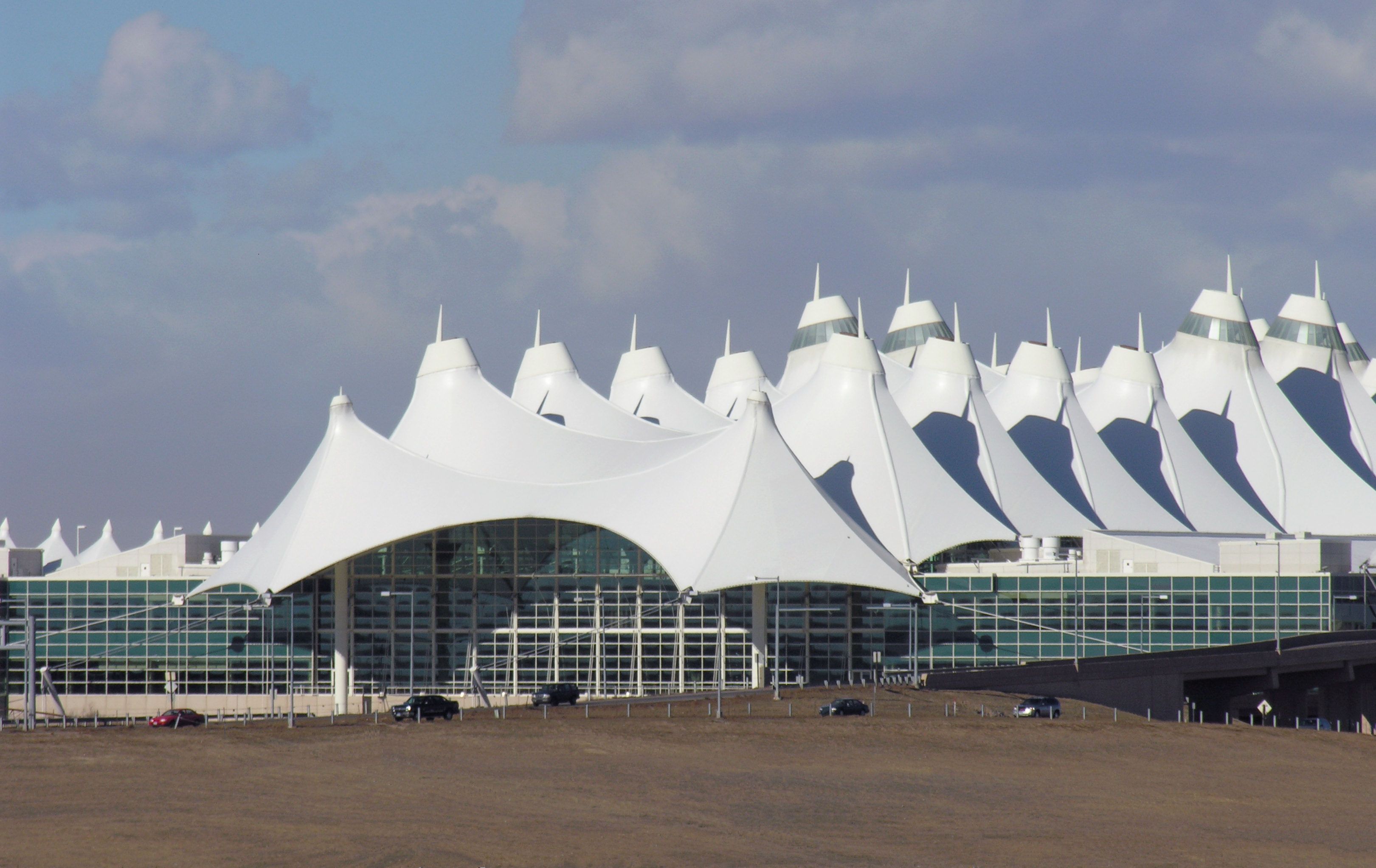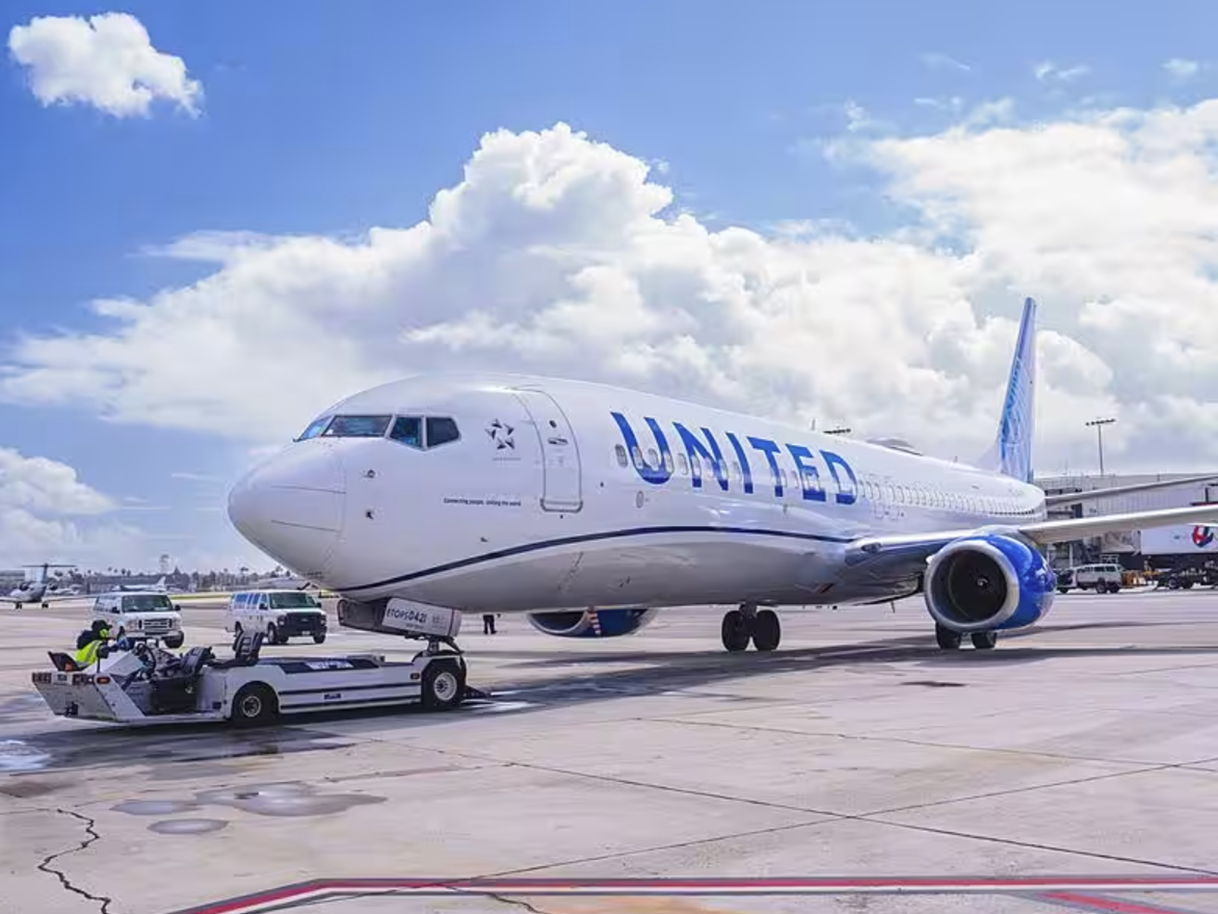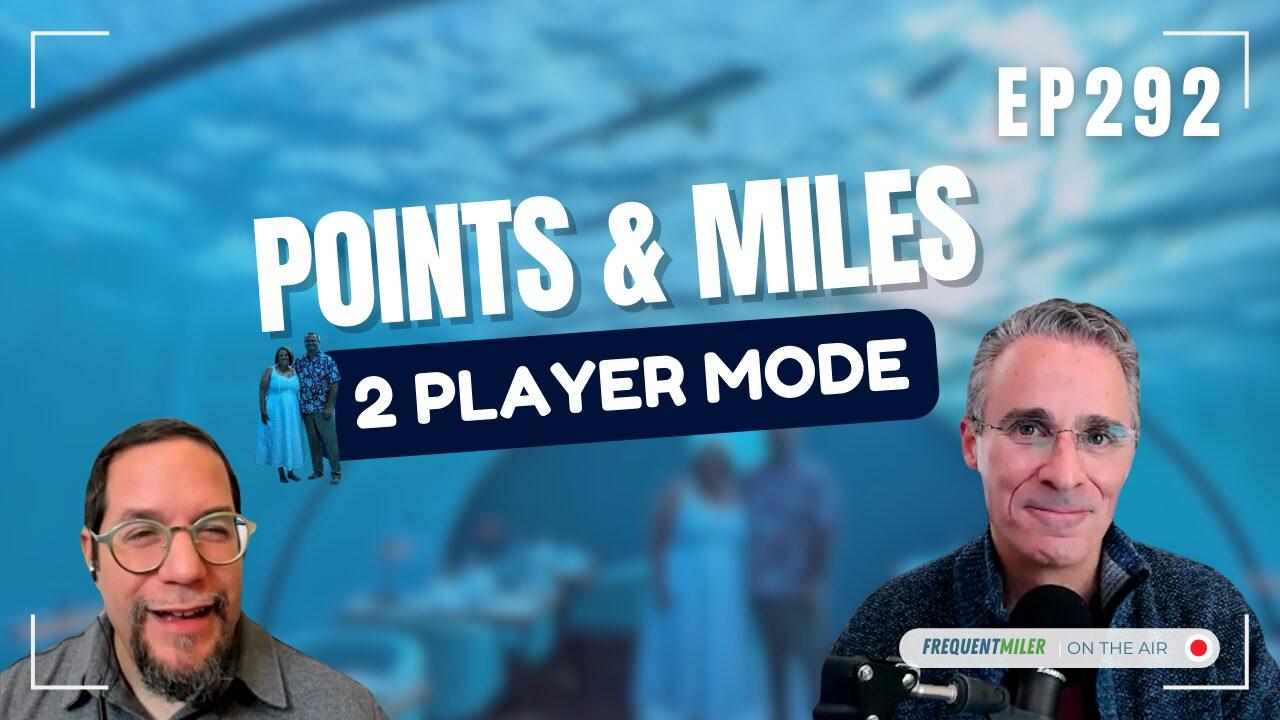Canada Closes Border to Thru-Hikers on the Pacific Coast Trail
The change mirrors long-standing US policies.

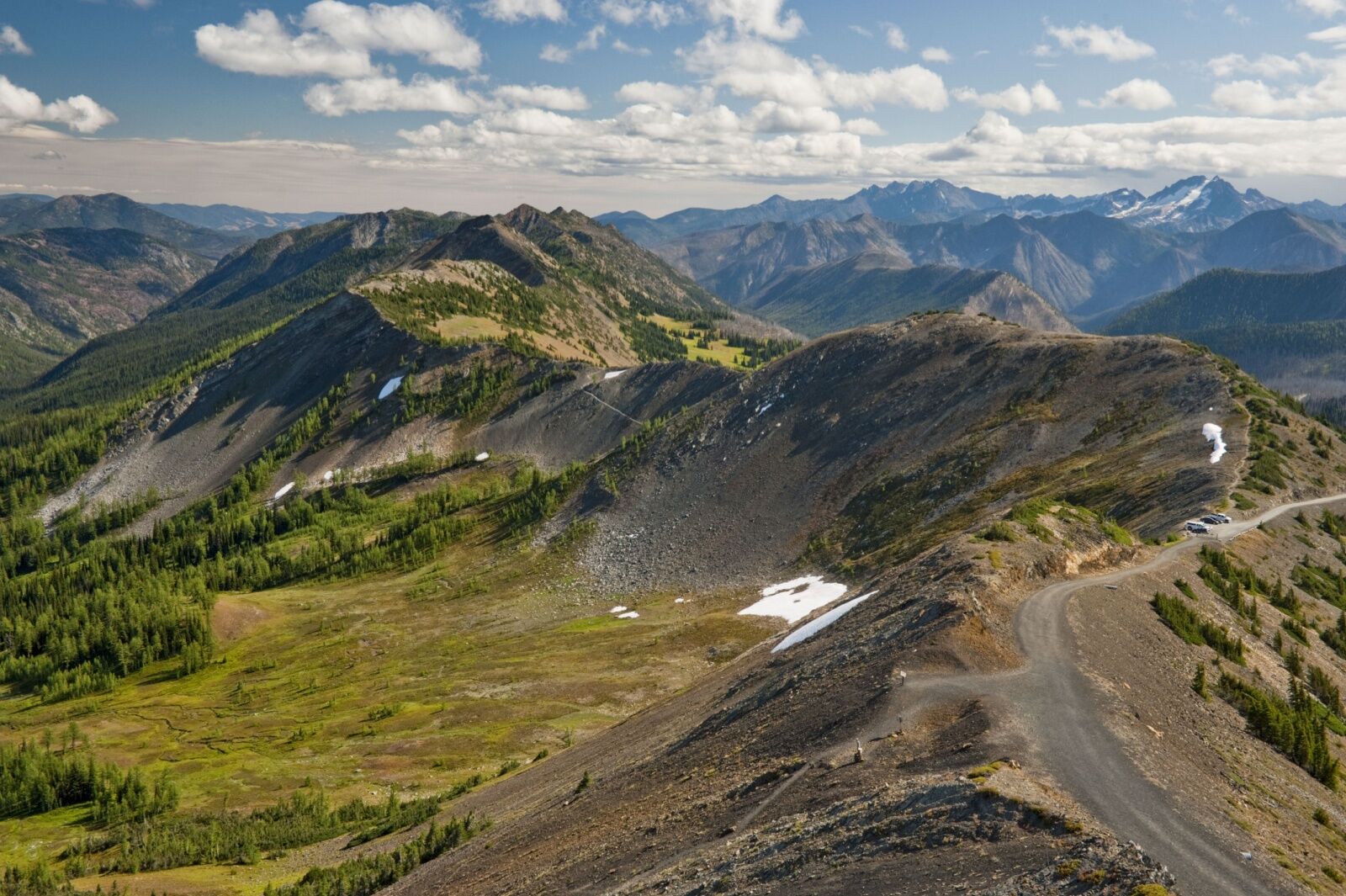
Bad news for hikers hoping to end their Pacific Crest Trail (PCT) hike by crossing the border into Canada: you can’t.
On January 27, 2025, the Canada Border Services Agency (CBSA) announced it would no longer issue permits to hikers continuing into Canada via the PCT. Prior to this announcement, many northbound hikers would enter into Canada’s E.C. Manning Park and add a final eight-mile loop as the finishing segment of the 2,650-mile Pacific Crest Trail. Prior to this change, hikers would fill out an entry form with the CBSA and provide all their immigration documents in advance, at which point the CBSA would issue a permit to cross at the PCT terminus, which is not an official port of entry.
The announcement cited several reasons for the policy change relating to non-compliance of trail users, as well as border security issues. Interestingly, it also cited the US’s current policy, stating that it “aligns with the U.S. Customs and Border Protection (CBP) who does not allow travellers to enter the U.S. from Canada on the trail.”
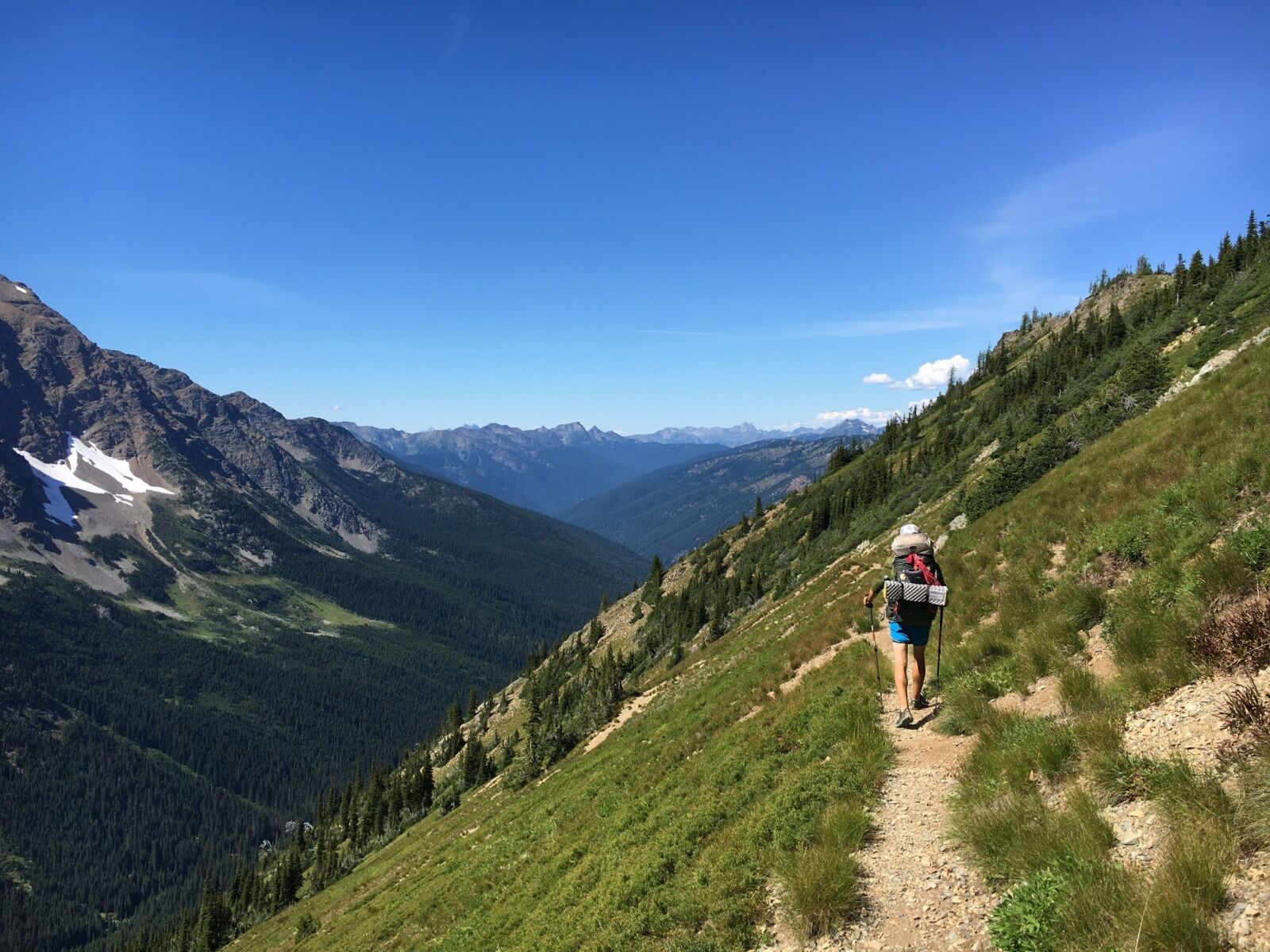
A hiker in the Pasayten Wilderness, the final section of the PCT northbound. Photo: Andrew Schigelone/Shuttestock
Now, hikers will have to arrange a pickup from near the Hart’s Pass Campground in Washington, requiring them to backtrack for approximately 30 miles after reaching the PCT terminus at the Canadian border. From Hart’s Pass, the closest border crossings are in Osoyoos (about a three-hour drive to the west) or Abbotsford (approximately a 4.5-hour drive to the east), near Vancouver.
The Pacific Crest Trail Association expressed disappointment over the change but acknowledged the consistency it brings between US and Canadian border policies. It also advised the importance of practicing Leave No Trace principles, given the anticipated increase in trail traffic as hikers hike the final segment twice.
On Reddit, responses were equally reasonable and civil. Upcoming hikers expressed disappointment and understanding, while past hikers tried to provide assurance that the chance wouldn’t impact the overall experience too much.
“That sucks, but on a positive note – the walk back to harts was an awesome experience,” wrote one poster. “You get to pass by so many of the people you met on trail as they are about to finish their hike. It was great sharing high fives, congratulations and comradery with my fellow hikers.”
“If we’re objective, the CBSA administered it for no real benefit to themselves and for no reason other than to make the lives of a small, and let’s be honest, privileged, group of hikers a little easier. It must have had a reasonable time and effort cost for them,” wrote another. “It’s definitely a shame. I enjoyed hanging out at Manning Park, as well as the reactions and snacks from folks in the parking lot upon telling them I’d come from Mexico lol. But the PCT is continually changing and evolving, and many of those romantic throwback aspects of the trail are slowly fading away.”
While the policy shift adds a significant number of miles to the hike (30) for day hikers doing shorter segments of the trail, for most people who just completed more than 2,000 miles, the extra day or two it takes to walk back to Hart’s Pass likely won’t be a huge inconvenience. But one Reddit user didn’t mince words, pointing out one of the biggest disappointments caused by the new rules:
“No more celebratory poutine in Manning Park.” ![]()













![From Gas Station to Google with Self-Taught Cloud Engineer Rishab Kumar [Podcast #158]](https://cdn.hashnode.com/res/hashnode/image/upload/v1738339892695/6b303b0a-c99c-4074-b4bd-104f98252c0c.png?#)
























